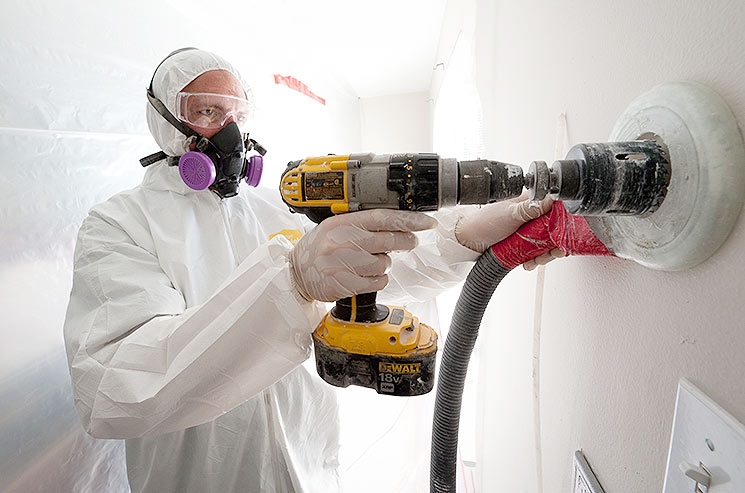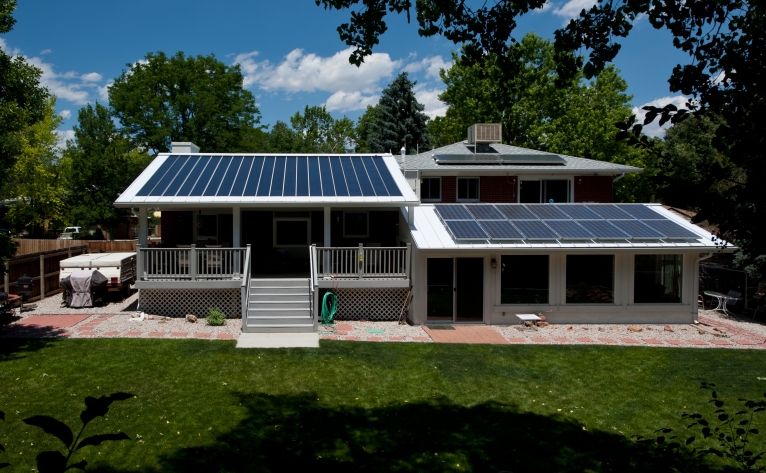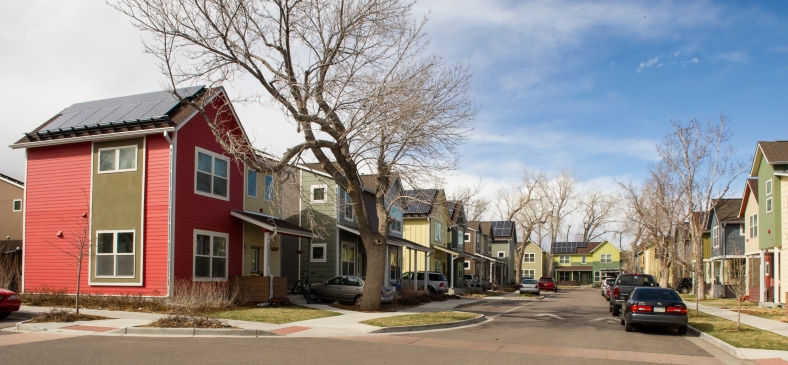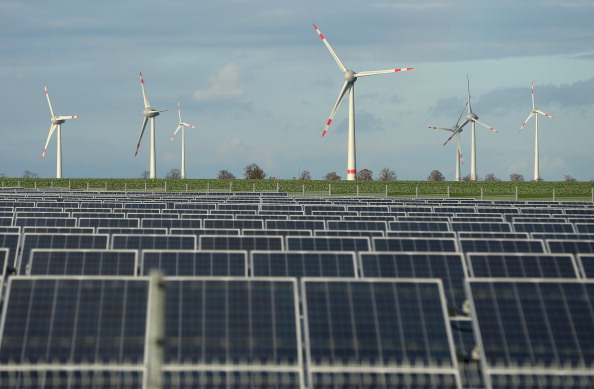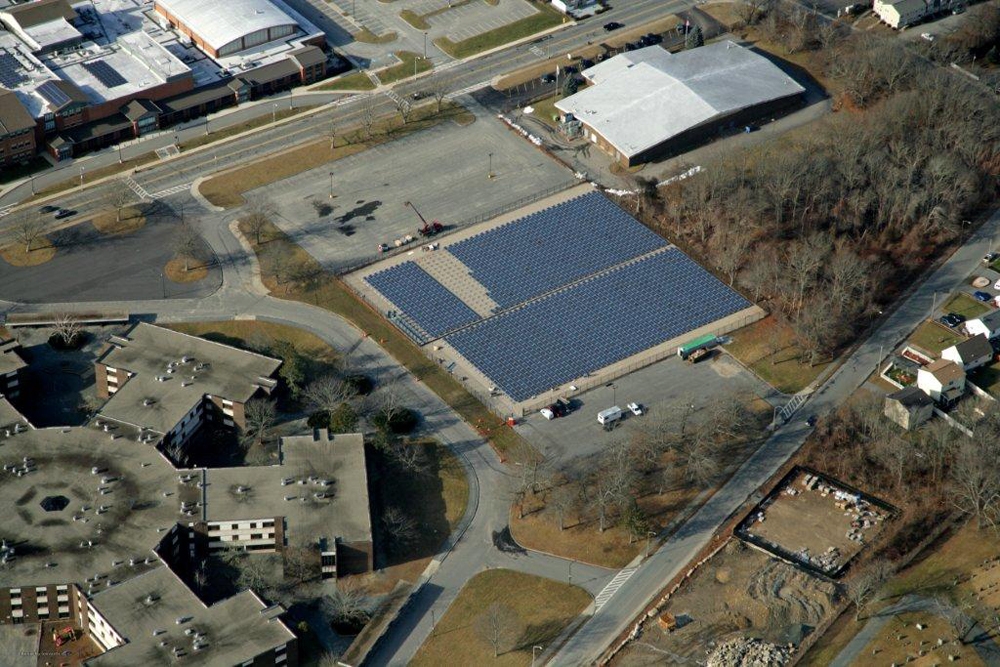A comfortable home is an energy-efficient home. The steps below outline the process for making your home more comfortable through energy upgrades and highlight the importance of choosing certified home energy professionals to do the work. STEP 1: START WITH THE RIGHT CONTRACTOR Not all contractors are the same. Some concentrate on kitchens, some on… Keep reading →
Energy Audits
Living Comfortably: A Consumer’s Guide To Home Energy Upgrades
By Dr. Richard Knaub |U.S. Department of EnergySign up and get Breaking Energy news in your inbox.
We will never sell or share your information without your consent. See our privacy policy.Solar, Wind, Hydropower: Home Renewable Energy Installations
By Erin R. Pierce | U.S. Department of EnergyWhen it comes to saving energy at home, there are many low-cost and even no-cost options to keep your energy bill low. But what if you’re ready to take a bigger step? If you’ve successfully addressed the low-hanging fruit – like performing energy audits, installing programmable thermostats, and sealing air leaks – it may… Keep reading →
Energy Efficiency Tax Credits, Rebates And Financing: What Options Are Available For You?
By Allison Casey | U.S. Department of EnergyHere at Energy Saver, we often get questions about what kind of financial assistance is available to make energy efficient purchases more affordable. There are many different types of energy incentives and understanding each one is key to maximizing your total savings. Incentives vary by state but here are some of the most common.… Keep reading →
#AskEnergySaver: Renewable Energy
By U.S. Department of EnergyTo help you save money by saving energy, we launched #AskEnergySaver — an online series that gives you access to some of the Energy Department’s home energy efficiency experts. During 2014, experts from the Department and our National Labs will be answering your energy-saving questions and sharing their advice on ways to improve your home’s comfort. For… Keep reading →
New Bedford Builds Foundation for Energy-Centric Economic Development
By U.S. Department of EnergyNicknamed the “Whaling City” for its once-preeminent commercial whaling port, New Bedford, Massachusetts, has a long history of economic prosperity tied to energy production. Today, New Bedford is once again tying its future to energy — only this time it’s focusing on energy efficiency and renewable energy production rather than whale oil. This shift is… Keep reading →
Energy efficiency is finally top of mind for building owners and policy makers alike. There is a general agreement that buildings could be saving an enormous volume of kilowatt-hours and btus, with their associated dollars and tons of greenhouse gas emissions. Energy benchmarking is the clear first step to managing energy, but how can policy-makers… Keep reading →
